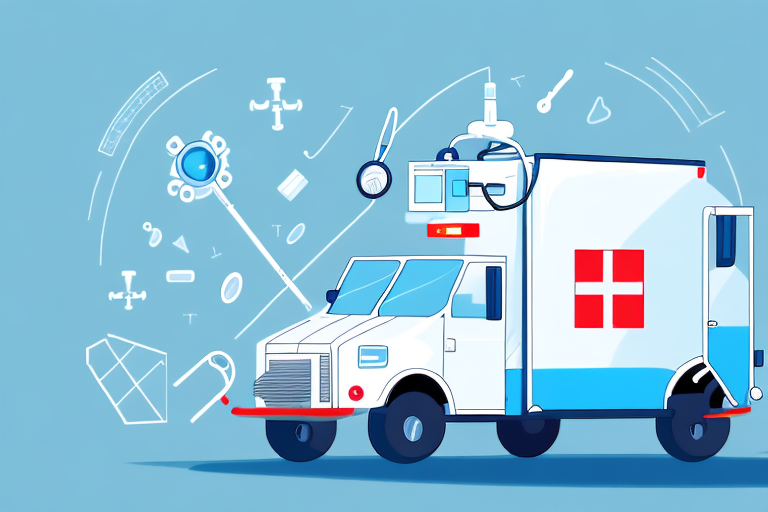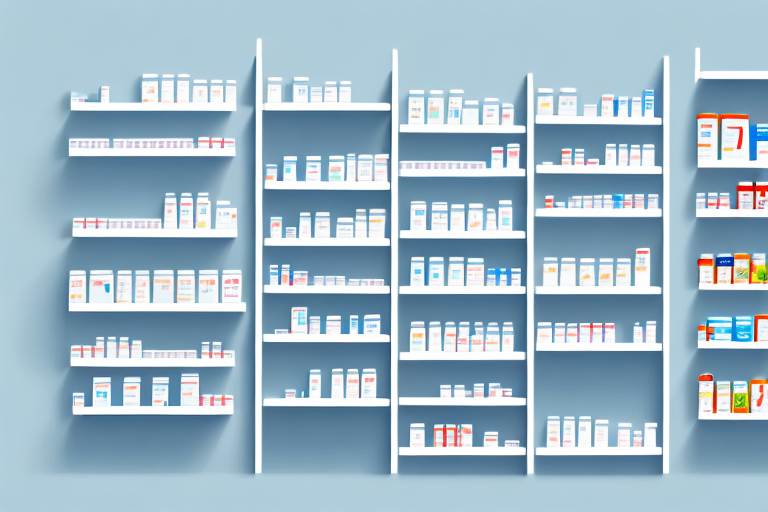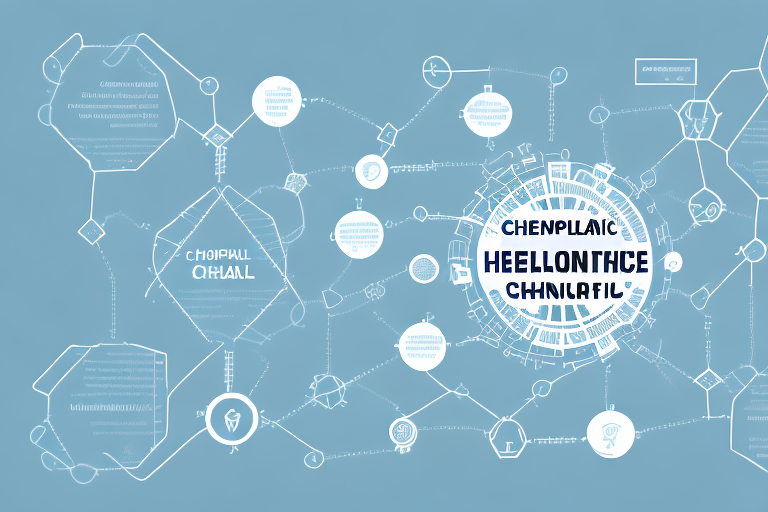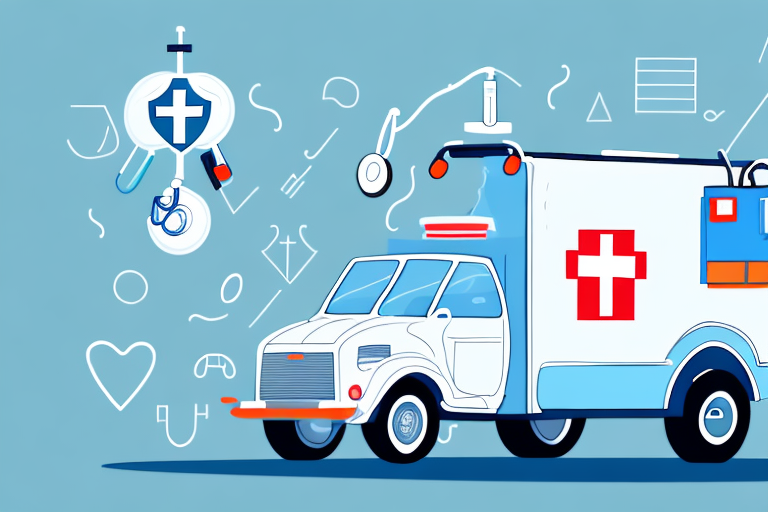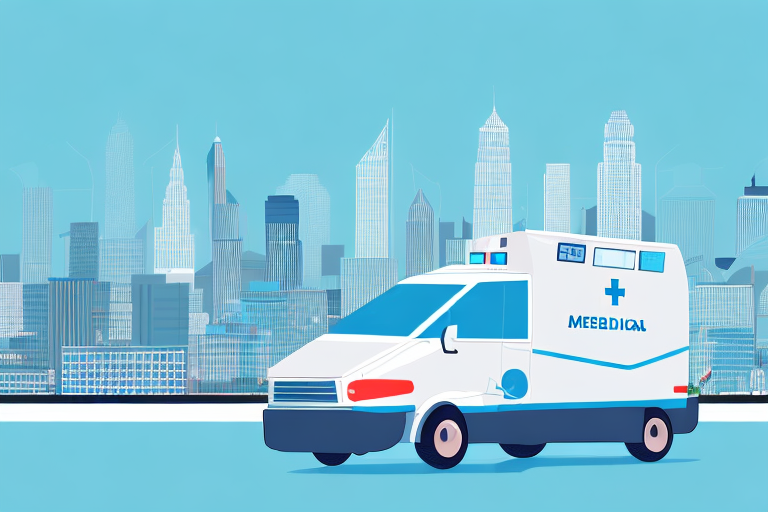Becoming a Medical Delivery Independent Contractor: A Comprehensive Guide
If you own a reliable vehicle, possess a strong sense of responsibility, and have a desire to make a meaningful impact on people's lives, becoming a medical delivery independent contractor might be the perfect career choice for you. Medical delivery contractors specialize in transporting medical supplies, equipment, and medications to healthcare providers and directly to patients. In this guide, we delve into everything you need to know about pursuing a career as a medical delivery independent contractor.
Understanding the Role of a Medical Delivery Independent Contractor
A Medical Delivery Independent Contractor (MDIC) operates a specialized delivery service focused on medical supplies, equipment, and medications. These contractors are crucial in ensuring the timely and safe delivery of high-value and often urgent medical items to patients and healthcare facilities.
MDICs must comply with stringent regulations set by healthcare authorities and government agencies. This includes obtaining necessary training and certifications to handle and transport medical items securely. Additionally, maintaining accurate delivery records and ensuring confidentiality and privacy are paramount due to the sensitive nature of the materials transported.
According to a 2023 Bureau of Labor Statistics report, the demand for specialized medical delivery services is projected to grow by 12% over the next five years, highlighting the increasing need for reliable MDICs.
Pros and Cons of Being a Medical Delivery Independent Contractor
Advantages
- Flexible Working Hours: MDICs can often set their own schedules, providing a better work-life balance.
- Independent Work: The ability to work independently without constant supervision.
- Higher Earning Potential: Opportunities to earn more compared to traditional employed delivery drivers.
- Networking Opportunities: Building relationships with healthcare professionals can lead to valuable referrals.
- Sense of Fulfillment: Contributing directly to patient care and the healthcare system.
Disadvantages
- Unpredictable Workloads: Medical deliveries can be urgent and time-sensitive, leading to long and irregular hours.
- High Responsibility: Handling sensitive medical supplies requires meticulous attention to detail.
- Potential Liability: Increased risk associated with transporting valuable and sensitive items.
- Stress: Managing urgent deliveries and ensuring compliance with regulations can be stressful.
Weighing these pros and cons is essential to determine if the role aligns with your lifestyle and career goals.
Essential Skills and Qualifications for MDICs
Key Skills
- Clean Driving Record: A spotless driving history is crucial for credibility and safety.
- Reliable Vehicle: Maintaining a dependable vehicle is essential for timely deliveries.
- Organizational Skills: Efficiently managing multiple deliveries and schedules.
- Medical Knowledge: Basic understanding of medical terminology and handling procedures.
- Communication Skills: Effective interaction with healthcare professionals and clients.
Required Qualifications
- Licenses and Certifications: Depending on the region, specific licenses or certifications related to medical transportation may be required.
- Training: Proper training in handling and transporting medical equipment safely.
- Insurance: Adequate insurance coverage to protect against potential liabilities.
Additionally, understanding proper handling techniques for fragile or hazardous materials and maintaining the integrity of temperature-sensitive items during transport are critical competencies for MDICs.
Finding and Applying for Medical Delivery Independent Contractor Positions
Job Search Strategies
- Online Job Portals: Utilize traditional employment websites to find MDIC job postings.
- Healthcare Staffing Agencies: Partner with agencies that specialize in connecting contractors with healthcare providers.
- Direct Outreach: Contact local medical facilities and delivery companies to inquire about opportunities.
Application Requirements
- Valid Driver’s License: A current and clean driver’s license is typically required.
- Proof of Insurance: Demonstrating adequate insurance coverage is often necessary.
- Medical Terminology: Basic knowledge can be beneficial for effective communication with healthcare providers.
Researching specific requirements in your area and ensuring you meet them before applying can enhance your chances of securing a position.
Building a Strong Reputation as a Reliable MDIC
Best Practices
- Punctuality: Always deliver on time to build trust with clients and healthcare providers.
- Responsiveness: Be prompt in addressing client needs and inquiries.
- Vehicle Maintenance: Keep your delivery vehicle clean and well-maintained.
- Problem-Solving: Proactively address and resolve any issues that arise during deliveries.
Certifications and Continuous Learning
- Medical Transportation Certifications: Obtain certifications to demonstrate expertise and professionalism.
- HIPAA Compliance: Ensure compliance with privacy laws to protect patient information.
- Industry Trends: Stay updated with the latest trends and best practices through conferences and workshops.
Maintaining up-to-date certifications and staying informed about industry changes can significantly enhance your reputation and reliability as an MDIC.
Legal and Regulatory Considerations
Compliance Requirements
- Licensing: Securing necessary licenses for medical transportation.
- Regulatory Adherence: Following industry-specific regulations to avoid compliance issues.
- Liability Management: Understanding and mitigating potential liability concerns.
Privacy and Data Security
- HIPAA Regulations: Adhering to laws protecting patient information.
- Secure Communication: Using encrypted methods for transmitting sensitive information.
- Data Protection: Properly disposing of confidential information and safeguarding electronic devices.
Staying informed about legal and regulatory changes is crucial to maintaining compliance and ensuring the integrity of your medical delivery services.
Setting Rates and Negotiating Contracts
Pricing Strategies
- Cost Analysis: Consider vehicle maintenance, fuel costs, and time investment when setting rates.
- Market Research: Analyze market demand and competitor pricing to remain competitive.
- Service Value: Price your services based on the value and reliability you provide.
Contract Negotiation Tips
- Clear Terms: Ensure all contract terms are clearly defined and agreed upon.
- Flexibility: Be willing to negotiate terms that benefit both parties.
- Professionalism: Maintain a professional demeanor throughout the negotiation process.
Strategically setting your rates and effectively negotiating contracts are key to sustaining a profitable and successful MDIC business.
Effective Time Management and Workload Balancing
Time Management Techniques
- Advanced Planning: Schedule deliveries efficiently to maximize productivity.
- Task Prioritization: Prioritize deliveries based on urgency and importance.
- Scheduling Tools: Utilize scheduling software to organize your day effectively.
Workload Management
- Set Boundaries: Establish clear work hours to prevent burnout.
- Delegate When Possible: Consider subcontracting or partnering for larger volumes.
- Regular Breaks: Ensure adequate rest between deliveries to maintain performance.
Effective time management and workload balancing are essential for maintaining high productivity and reducing stress levels as an MDIC.
Enhancing Communication with Clients and Healthcare Professionals
Communication Strategies
- Clear Instructions: Provide detailed delivery instructions to avoid misunderstandings.
- Regular Updates: Keep clients informed about the status of their deliveries.
- Responsive Feedback: Address questions and concerns promptly and professionally.
Building Trust
- Transparent Practices: Maintain honesty and transparency in all dealings.
- Reliability: Consistently meet deadlines and delivery expectations.
- Professionalism: Uphold a professional attitude in all interactions.
Effective and transparent communication fosters strong relationships and trust with clients and healthcare professionals, essential for long-term success as an MDIC.
Emergency Response Protocols for Deliveries
Preparedness for Unforeseen Situations
- Emergency Contacts: Have a list of emergency contacts readily available.
- Vehicle Safety: Ensure your delivery vehicle is equipped with necessary safety tools.
- Training: Receive training on handling emergencies and stressful situations.
Action Plans
- Communication: Quickly inform clients and emergency responders if an issue arises.
- Secure Deliveries: Safeguard the delivery items during emergencies to prevent damage or loss.
- Safety First: Prioritize the safety of yourself and others in any emergency situation.
Having robust emergency response protocols ensures that you can handle unforeseen situations efficiently while maintaining the integrity of your deliveries.
Leveraging Technology to Streamline Deliveries
Essential Technologies
- GPS Navigation: Utilize GPS technology for accurate and efficient route planning.
- Online Tracking Tools: Implement tracking systems to provide real-time updates to clients.
- Specialized Software: Invest in software designed for delivery management to enhance operational efficiency.
Innovative Solutions
- Mobile Apps: Use mobile applications for scheduling, tracking, and communication.
- Automated Notifications: Set up automated alerts for delivery status updates.
- Data Analytics: Analyze delivery data to optimize routes and improve performance.
Incorporating advanced technology into your operations can significantly enhance efficiency, accuracy, and customer satisfaction in your medical delivery services.
Success Stories of Medical Delivery Independent Contractors
Many individuals have successfully built thriving careers as MDICs by demonstrating dedication, reliability, and exceptional service. These success stories highlight the importance of:
- Hard Work: Consistently putting in the effort to meet and exceed delivery expectations.
- Professionalism: Maintaining a high level of professionalism in all interactions.
- Quality Service: Providing top-quality service that earns repeat business and referrals.
Learning from these success stories can provide valuable insights and inspiration for your own journey as an MDIC.
The Future of Medical Deliveries: Opportunities and Challenges
Emerging Opportunities
- Technological Advancements: Leveraging new technologies to enhance service delivery.
- Expanding Healthcare Needs: Growing demand for home healthcare services increasing the need for medical deliveries.
- Innovative Practices: Adopting innovative delivery methods to meet diverse client needs.
Potential Challenges
- Rising Competition: Increasing number of MDICs entering the market.
- Regulatory Changes: Navigating evolving regulations and compliance requirements.
- Market Fluctuations: Addressing changes in demand based on healthcare trends and economic factors.
As the healthcare landscape continues to evolve, staying adaptable and proactive in addressing both opportunities and challenges will be key to thriving as an MDIC.
Conclusion: Is a Career as a Medical Delivery Independent Contractor Right for You?
Becoming a Medical Delivery Independent Contractor requires a unique blend of skills, commitment to quality service, and dedication to the healthcare industry. If you are highly organized, dependable, and passionate about making a difference in people's lives, this career path offers substantial rewards and opportunities for growth. However, it's essential to thoroughly research, weigh the pros and cons, and take steps to establish yourself as a reliable and trustworthy professional in this field.
With the right preparation and mindset, a career as an MDIC can be both fulfilling and financially rewarding, contributing significantly to the healthcare system while offering personal and professional growth.

